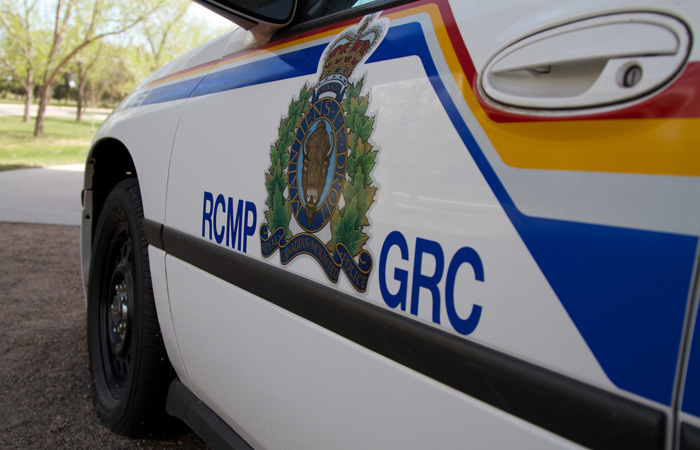On January 8, 2020, St-Pierre-Jolys RCMP was notified that the detachment’s phone number was “spoofed” and being used by a scammer to coerce a local resident into emptying her bank account.
Spoofing is when a caller deliberately falsifies the information transmitted to your caller ID display to disguise their identity. Scammers often use neighbor spoofing so it appears that an incoming call is coming from a local number, or spoof a number from a company or a government agency that you may already know and trust. If you answer, they use scam scripts to try to steal your money or valuable personal information, which can be used in fraudulent activity*.
In this instance, the scammer spoofed a local RCMP phone number and identified themselves as an RCMP officer. The scammer advised the resident that her Social Insurance Number had been compromised and her identity stolen. The scammer then advised that a warrant had been issued for her and that officers were on their way to her residence to make an arrest.
In order for her to “clear things up”, she was advised to attend her bank, withdraw all of her money and to take it to an address in Winnipeg. Luckily, she called the number back and spoke with a real RCMP employee.
Remember, the RCMP does not ask for funds over the phone. Anyone who receives these types of calls or believes they may have been the victim of fraud, is asked to contact their local detachment or the Canadian Anti-Fraud Centre at 1-888-495-8501.
Some additional tips:
- If you answer the phone and the caller – or a recording – asks you to hit a button to stop getting the calls, you should just hang up. Scammers often use this trick to identify potential targets.
- Use caution if you are being pressured for information immediately.
- Do not respond to any questions, especially those that can be answered with “Yes” or “No.”
- Never give out personal information such as account numbers, Social Insurance Numbers, mother’s maiden names, passwords or other identifying information in response to unexpected calls or if you are at all suspicious.
- If you get an inquiry from someone who says they represent a company or a government agency, hang up and call the phone number on your account statement, in the phone book, or on the company’s or government agency’s website to verify the authenticity of the request.




